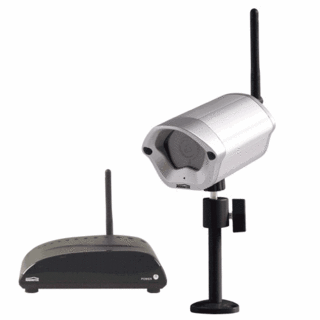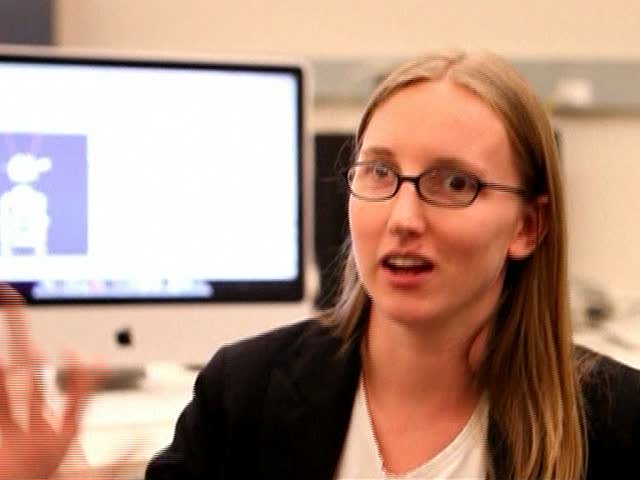But don_t blame Y2K: Digital certificates set to expire.
Published:
30 December 1999 y., Thursday
Millions of people using older versions of Netscape and Microsoft Web browsers may not be able to access some personal finance and e-commerce sites starting Jan.1.
It won_t be due to the dreaded Y2K bug. Instead, it_s because electronic credentials embedded in browsers are set to expire on Dec. 31 at midnight.
These ``digital certificates'' are built into individual browsers and issued by Mountain View-based VeriSign to about 150,000 commerce and finance sites. They_re used to ensure secure transactions by verifying that both the site and user are who they say they are.
The expiration of certificates could affect users of Netscape browser versions 4.05 and earlier, and Macintosh users who downloaded Microsoft_s Internet Explorer 4.5 and Outlook Express 5 before Dec. 21. To fix the problem, users need to download the latest versions of Netscape or Internet Explorer.
About 5 million to 10 million Netscape users will be affected, said Chris Saito, Netscape_s senior director of product marketing. About 2.1 million Macintosh users who have Microsoft_s Internet Explorer 4.5 will also be affected.
When those users visit any one of the 150,000 sites, they will receive a warning to upgrade their browser or be blocked from accessing the site until they upgrade their browser.
Microsoft, which is scrambling to notify users, said it won_t be able to guarantee that transactions conducted using the older browsers will be secure.
For its part, Netscape is also urging users to upgrade their browsers, Saito of Netscape said.
Other sites are posting reminders. Ben Golub, VeriSign_s director of Internet marketing and sales, said the Dec. 31 expiration date was chosen about five years ago because at the time browsers couldn_t accept dates beyond 1999.
Copying, publishing, announcing any information from the News.lt portal without written permission of News.lt editorial office is prohibited.
The most popular articles
Software company announced new structure_ of it_s business.
more »
 Just a few weeks ago, the world's tiniest video camera was as small as a grain of rice. Today, the world's NanoEst camera is even smaller.
more »
Just a few weeks ago, the world's tiniest video camera was as small as a grain of rice. Today, the world's NanoEst camera is even smaller.
more »
 During the experiment two research groups managed to overcome a symbolic 100 TB/s optical fiber data transmission speed limit.
more »
During the experiment two research groups managed to overcome a symbolic 100 TB/s optical fiber data transmission speed limit.
more »
 Apple’s long–awaited online storage service for iTunes could be named iCloud, if only rumours are to be believed.
more »
Apple’s long–awaited online storage service for iTunes could be named iCloud, if only rumours are to be believed.
more »
 The founders of video-sharing site YouTube have bought bookmarking service Delicious from Yahoo.
more »
The founders of video-sharing site YouTube have bought bookmarking service Delicious from Yahoo.
more »
 The successful raid by hackers on Sony’s PlayStation Network is already being ranked among the biggest data thefts of all time.
more »
The successful raid by hackers on Sony’s PlayStation Network is already being ranked among the biggest data thefts of all time.
more »
 Apple has denied that its iPhones and 3G iPads have been secretly recording their owners' movements.
more »
Apple has denied that its iPhones and 3G iPads have been secretly recording their owners' movements.
more »
 Customers who have waited nearly 10 months for the white version of the iPhone 4 won’t have to wait much longer. The Great White iPhone 4 is finally here.
more »
Customers who have waited nearly 10 months for the white version of the iPhone 4 won’t have to wait much longer. The Great White iPhone 4 is finally here.
more »
 Researchers at Georgia Tech University are teaching a robot the basics of dialogue. Named "Simon", the robot has already been taught how to attract a person's attention but eventually, it's hoped he'll be able to interact and converse with humans in daily life.
more »
Researchers at Georgia Tech University are teaching a robot the basics of dialogue. Named "Simon", the robot has already been taught how to attract a person's attention but eventually, it's hoped he'll be able to interact and converse with humans in daily life.
more »
 3D? Terribly lame when it's tossed into devices as a bullet point feature. Trimensional for iPhone takes a picture of your face and maps your mug in a 3D model.
more »
3D? Terribly lame when it's tossed into devices as a bullet point feature. Trimensional for iPhone takes a picture of your face and maps your mug in a 3D model.
more »
 The European Union is to investigate whether internet service providers (ISPs) are providing fair access to online services.
more »
The European Union is to investigate whether internet service providers (ISPs) are providing fair access to online services.
more »